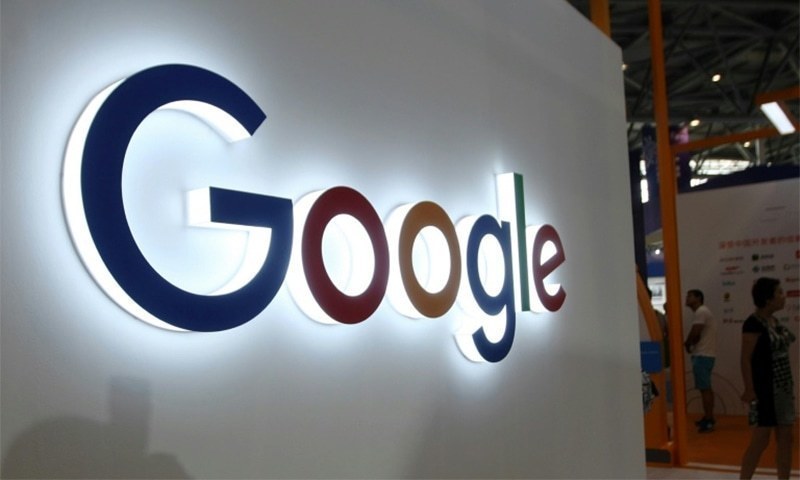ISLAMABAD: Amid lockdowns during the Covid-19 crisis, tech giant Google has launched various features and incentives to ease load on telecommunication providers and to support remote learning and access to correct information in Pakistan.
According to a Pakistan Telecommunication Authority (PTA) press release issued on Wednesday, Google introduced new features and resources for users in Pakistan to help them stay informed and connected, support small businesses and to contain the spread of misinformation on its platforms.
Last week the PTA had observed the internet usage in the country had increased by 15 per cent following varying lockdowns across Pakistan. The increase, it said, was observed due to a spike in online activities by educational institutions and businesses as well as a ‘work-from-home policy’ adopted by organisations and individuals.
Google searches related to coronavirus now show an “SOS Alert” banner, followed by news from mainstream outlets and information from recognised health organisations such as the World Health Organisation (WHO) and National Institute of Health (NIH).
The coronavirus resource hub provides a comprehensive overview of the pandemic, information about its symptoms and measures, as well as current statistics and answers to common questions.
Netflix cuts traffic on local telecom networks by 25pc while maintaining quality
According to Google, since the beginning of the year, search interest in Covid-19 has continued to climb across the world. At present, the disease is the largest topic people are looking for globally, surpassing even some of the most common and consistent queries the platform witnesses on search.
In addition to launching new features on the search engine, the platform has rolled out a website—available at google.com/covid19 — focused on education, prevention and local resources. People can find state-based information, safety and prevention tips, search trends related to Covid-19, and further resources for individuals, educators and businesses.
Google’s CEO Sundar Pichai in a blog post announced $250 million worth ad grants to help the WHO and more than 100 government agencies globally to provide critical information on how to prevent the spread of Covid-19 and other measures to help local communities.
According to the PTA statement, the platform has also provided the Pakistan government ad inventory to disseminate accurate information on time.
Work from home
Google has also introduced sharing of tips and resources for remote workers and students so that they can improve their productivity in the work from home (WFH) environment.
These tips and features include a new collection of distance learning solutions, training and resources to help teachers and students stay connected. For instance, Google has allowed free access to “advanced” features for Hangouts Meet and anyone who uses it G Suite platform. This means users will be able to put up to 250 people on a Hangouts Meet call — an entire class or group of classes can join a lesson simultaneously. The user can live-stream for up to 100,000 viewers within a domain so that they can do a virtual school assembly or stream a lecture. Plus, one can record meetings and save them to Google Drive. When students can’t join a lesson, they’ll be able to access the content later.
Google has also launched speech-based reading app “Bolo” that uses machine learning to help children read aloud confidently, using their own voice. The app is available in Urdu language as well.
Internet traffic concerns
Globally, Google has decided to work with governments and network operators to minimise stress on the systems. The platform has decided to temporarily change the quality of all videos on YouTube to standard definition.
Similarly, Netflix has also reduced its traffic on telecommunications networks in Pakistan by 25 per cent while maintaining the quality of its service. This will be applicable for 30 days and will be re-evaluated after the duration ends, according to the PTA.
Pakistan has 76 million 3G/4G subscribers and 78m broadband subscribers. The PTA figures show that Google’s YouTube is the most visited website in the country with around 93m monthly visits, followed by “google.com” and “google.com.pk’ at 76m and 51m visits a month, respectively.
Published in Dawn, April 2nd, 2020















































